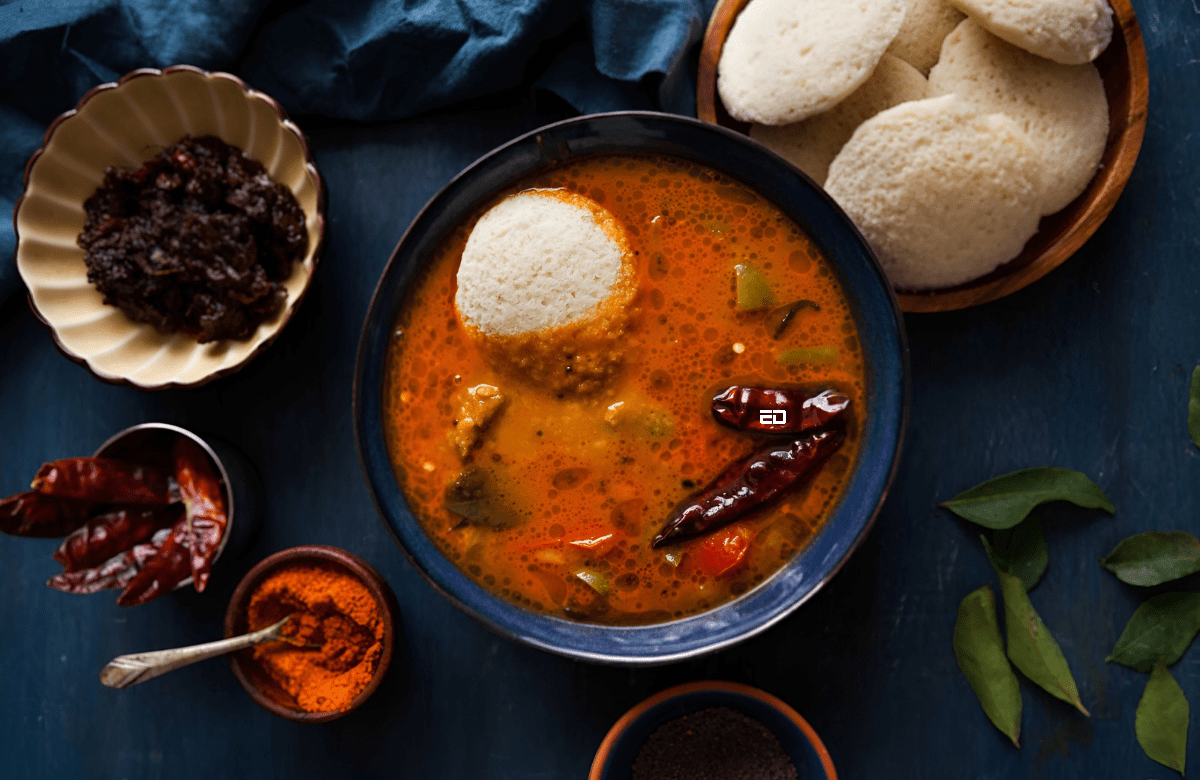Inflation, or the rise in the prices of goods and services, currently, is at an all-time high in India. It is proving to be a pinch in the pockets of the general public and is negatively affecting the economy’s health.
Food inflation has been shooting, leading to a sharp rise in the prices of staple items such as tomatoes, onions, garlic, and beans. The consequence is that vegetable thalis and home-cooked meals have become a luxury.
Here is everything you need to know about this dire situation.
How Is Inflation Affecting Home Cooked Meals?
According to Crisil’s (an Indian analytical company) food plate cost tracker, inflation has sharply increased the cost of home-cooked meals by 10% in 2024. Many low and middle-income families are feeling the pressure resulting in them buying fewer vegetables or having them fewer times a week.
In the retail markets of Bangalore this month, the selling price of beans ranged from Rs. 90 to Rs. 110 per kg, tomatoes were Rs. 80 per kg, and potatoes shot to Rs. 50 to Rs. 55 per kg while onions cost Rs. 45 to Rs. 60 per kg.
In fact, in its annual report, the Reserve Bank of India (RBI) confirmed that it is the rising prices of food that have become a major driver of inflation in India in the financial year 2024. The report’s F&B (food and beverage) category showed inflation reaching 60.3% in 2023-2024 from 46% in 2022.
As the RBI confirms that food inflation remains in danger owing to recurrent supply shocks, it seems that the lower-middle class will have to make dishes that exclude vegetables even in the coming weeks. However, while speaking to The Hindu a homemaker did admit, “But cooking without vegetables is a real problem.”
The RBI said, “Low reservoir levels, especially in the southern states and the outlook of above normal temperatures during the initial months of 2024-25 need close monitoring. The volatility in international crude oil prices, the persisting geopolitical tensions and elevated global financial market volatility also pose upward risk to the inflation trajectory.”
Read More: Here’s Why A Non Veg Thali Has Become Cheaper Than A Veg One
How Are People Reacting?
“In the last six months, the price of all commodities has been going up. When the prices started going up, I reduced the quantity of vegetables from 1 kg to half kg. Now I cannot even afford that. I buy two brinjals and two radishes and try to manage with them for a week. Buying spinach at markets is also a costly affair, so I buy them for a lesser price from hawkers,” said Chandrakala R., a pourakarmika (sanitation worker employed by the local government to clean public spaces) in Sunkadakatte, Bangalore.
She confessed that the circumstances have made cooking sambar equal to a luxury for her. “If I get tomatoes for a slightly lesser price, then I use it for sambar. Some weeks when all vegetables get expensive, I end up making coconut, groundnut or horse gram chutney instead,” she added.
A retired bank employee, Kiran Kumar, from a residential suburb of Sahakar Nagar in Bangalore said, “We are a family of two people, and our vegetable budget has gone up by at least ₹300 per month when compared to last year. Some months, it was up by ₹500 too. As vegetarians, we cannot compromise on vegetables as we will miss out on nutrition without it.”
Food inflation is not only taking a toll on home-cooked meals but is also increasing the cost of hotels. As a response to the issue, the president of Bruhat Bengaluru Hoteliers Association (BBHA), P.C. Rao revealed, “A few hotels are using tomato puree instead of fresh tomatoes. Some are judicious with onions. For example, instead of giving onions in salads, they give more cucumbers.”
Now, people are just hoping for a fall in the inflation rate during the upcoming monsoon season, the likelihood of which is low, due to crop failures because of climate change, spike in crude oil prices and geopolitical tensions.
Image Credits: Google Images
Feature image designed by Saudamini Seth
Sources: The Economic Times, The Hindu, Forbes India
This post is tagged under: India, inflation, inflation rate, food inflation, RBI, local government, onions, tomatoes, beans, garlic, Bangalore, BBHA, bank, employee, Sahakarnagar, pourakarmika, F&B, homemaker, report, annual, sambar, veg thali, CRISIL, retail market
Disclaimer: We do not hold any right, or copyright over any of the images used, these have been taken from Google. In case of credits or removal, the owner may kindly mail us.






































